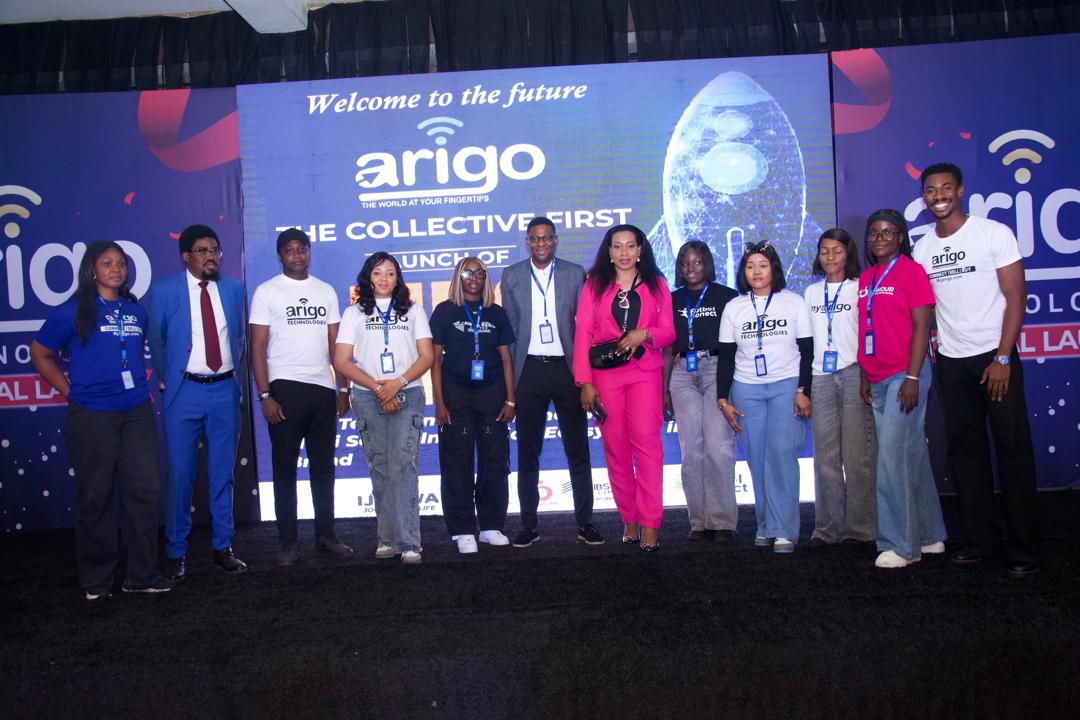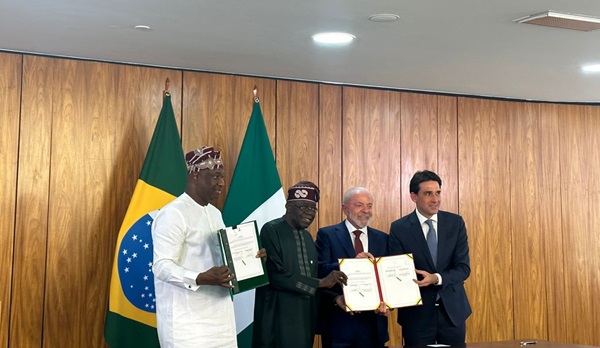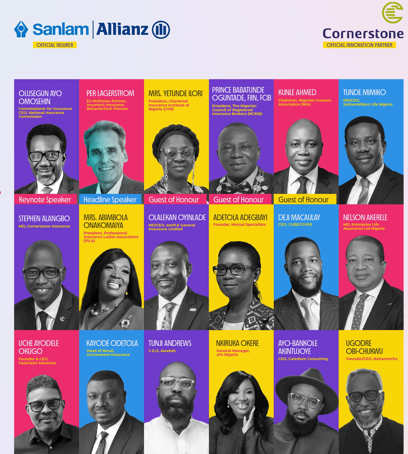In a move that could redefine Africa’s place in the global tech landscape, Arigo Technologies has launched what it calls the world’s first simultaneous seven-in-one digital platform at a high-profile event in Lagos. The unveiling, attended by government officials, investors, and industry leaders, is being hailed as one of the most ambitious digital rollouts the continent has seen.
The platform bundles seven distinct services under one umbrella, each designed to address critical gaps in African society and the wider digital economy. From professional networking and real estate to education and sports, Arigo’s approach signals a deliberate attempt to create a “digital ecosystem” rather than a standalone app.
Among the platforms introduced were:
- MyArigo – a business marketplace and professional network,
- FutbolConect – a talent discovery hub for football,
- Miamour – focused on marriage and therapy services,
- CribsAndRides – a luxury real estate and automobile marketplace,
- Ijeuwa – a reward-based storytelling platform,
- EduGlobal International – an edtech solution using blockchain to verify academic credentials,
- Twy.app – an Agentic AI-powered brand.
Lagos has in recent years cemented its place as Africa’s fastest-growing tech hub. The city is already home to several unicorns and is expanding its digital infrastructure with fiber networks, data centers, and incubators. Against this backdrop, Arigo’s choice of Lagos for the launch is both strategic and symbolic—signaling confidence in the city as a launchpad for African-led innovation.
The Stakeholder Ripple Effect
If the platform succeeds, its impact could be far-reaching.
- Entrepreneurs may find new markets and professional networks.
- Athletes could gain visibility in global talent pipelines.
- Students and schools might see a leap in trust around academic verification.
- Couples and creatives could explore new digital spaces for therapy and storytelling.
Analysts note that this type of integrated platform could also support governments’ ambitions for job creation and digital inclusion, giving Africa a stronger foothold in the evolving global digital economy.
Why it Matters
Experts point out that Africa’s digital economy has long been driven by consumption—apps and platforms imported from elsewhere. What Arigo Technologies offers is a reversal of that trend: a suite of homegrown solutions tailored to African realities, with global scalability in mind.
While challenges such as adoption rates, infrastructure gaps, and long-term sustainability remain, the simultaneous launch of seven platforms is a clear signal that African tech firms are ready to compete not only locally, but internationally.
For Africa’s tech lovers and innovators, the launch raises a provocative question: is this the beginning of a new era where African firms define the frontier of digital ecosystems rather than simply adapting foreign models?
Arigo Technologies’ bold step is being watched closely, not just in Nigeria but across the continent. Its success—or failure—may well shape how African innovation is perceived on the global stage in the years to come.
Talking Points
For too long, African tech has been reduced to copycat apps—ride-hailing here, e-commerce there. Arigo’s seven-in-one launch signals a shift from single-purpose apps to digital ecosystems designed around real African needs.
This is how Silicon Valley was built: not on apps, but on platforms. The real question is whether Africans will adopt and scale their own platforms with the same intensity they give foreign ones.
Launching seven platforms at once is audacious, but it could also be overwhelming. In a region where many startups struggle to scale even one product, Arigo is betting on being everything at once. Will this be remembered as visionary or reckless?
Either way, it challenges the timid “minimum viable product” mindset that often keeps African innovation small.
Most of Africa’s digital spaces are dominated by foreign giants—Meta, Google, ByteDance. Platforms like Arigo represent a counter-narrative: Africans building tools for Africans. If these platforms succeed, they chip away at digital dependency and keep more value circulating locally. If they fail, we remain digital tenants in someone else’s empire.





